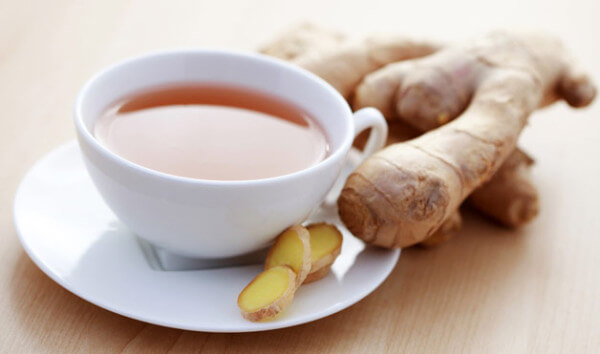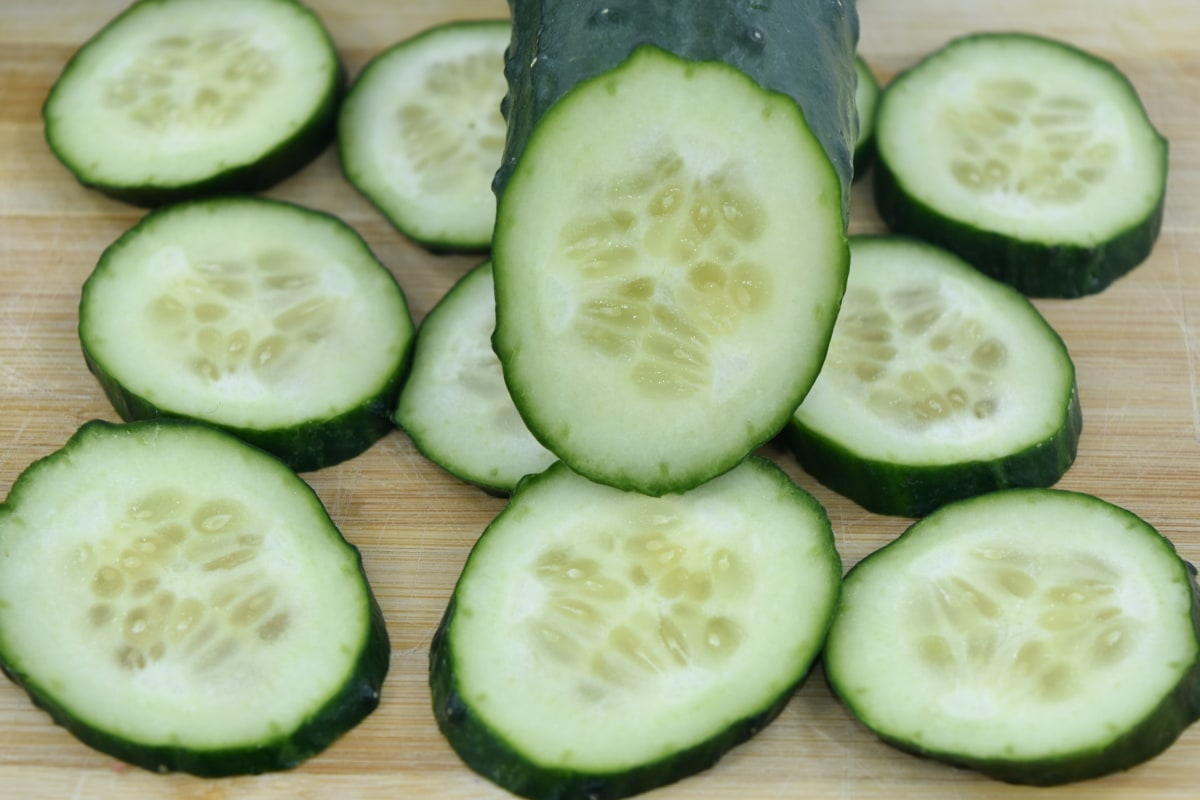
Ginger is a very famous spice used all across the globe. Traditionally, the alkaline spice has been used for cold and flu relief, motion sickness, to soothe gastrointestinal issues, morning sickness and immune system support. Now, researchers are saying that ginger may have the potential to treat people who suffer from for alcohol-induced and nonalcoholic fatty liver disease.
There are two different types of fatty liver disease: nonalcoholic and alcohol-induced. Nonalcoholic fatty liver is often harmless, but if the excess fat causes inflammation problems the liver could stop functioning efficiently. Alcohol-induced fatty liver develops when a person’s excessive drinking of alcohol causes fat to build up in the cells of the liver. This condition is serious and its symptoms are usually a swollen liver and soreness on the right side of the lower back.
An article published in the “World Journal of Gastroenterology” showed that ginger has great potential as a treatment for nonalcoholic fatty liver disease, or NAFLD. This theory is formulated on ginger’s antioxidant ability and triglyceride-lowering effects. Oxidative stress is linked to being the primary cause of NAFLD, ginger’s antioxidant properties may be able to help prevent or rid the disease. A study in the journal “Fitoterapia,” reported that dietary ginger had positive results in rats with alcohol-damaged livers.
Ginger comes in different forms and could be added to smoothies, salads or specialty dishes. The spice can be purchased fresh, ground, in powdered form or in tea bags from many health food stores around the world.





